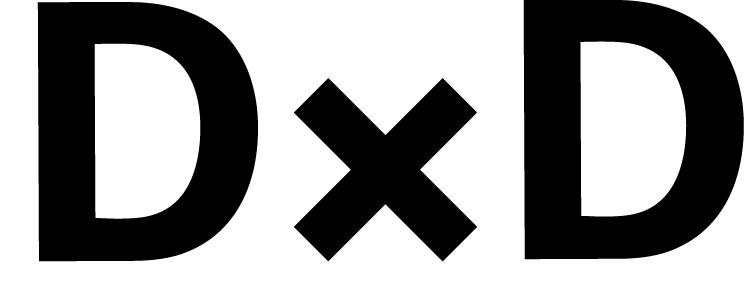Corpus: Bodies of Data
This year’s theme is “Corpus: Bodies of Data”. We encourage submissions from a wide range of artists, civic technologists, data enthusiasts, city dwellers, and creative practitioners in all formats.
”Corpus” carries multiple meanings. A corpus might be a body of work, knowledge, literature, or language – the embodiment of activity, values, or beliefs. Corpus can also mean a physical body, an aggregation of organisms, a group of elements or people, or the corporeal substance of a thing.
This year, we are asking artists to think about the concept of a corpus, or body of data, that can be physical or ephemeral. We imagine a dataset as a body of knowledge that indexes people in a community, events in a timeline, or observations in an area. But datasets are also representations of our bodies and the corpora of living things; collections of individuals, bodies of water, natural and human-made systems, the collectivity of the city. How are these bodies of knowledge born, how do they age, grow, and go through cycles – who animates them and do they expire? And, if we look closely enough, can we discern the shapes of individuals within these collectives?
We encourage applicants to consider corpus through its multiple meanings, such as:
a body: What happens as a physical body is transmuted into information? What data do we carry around in and with our bodies? How does data mediate the relationship between the individual and the collective? What agency are we afforded over ourselves as we enter a communal corpora of data?
a dataset: From a data science or technology perspective, a corpus is a body of texts or a dataset of language commonly used in AI and machine learning. How can art interrogate the use of AI and corpora – how are AI tools taking over our labor, invading our privacy? And what fabrications, errors, or hallucinations are being created by these corpora?
a community: How is a portrait of New York City drawn through the datasets in the Open Data library corpus? How does this collection of datasets give life to the city and its neighborhoods as organisms of their own? When we examine these corpora, do we see our community, our culture – ourselves?
an organism: How is a dataset “born”? Who gives it shape, significance, and brings it into maturity? Can datasets die or expire – can they linger on as ghosts? What fingerprints or traces of influence are left behind by its makers? When do we see data have physical substance or become corporeal?
How to submit a proposal:
Please use the Google form (link below) to submit project proposals to be part of a multiple media exhibition to be held in New York City in March of 2025. DxD presents work in a wide range of media and formats such as digital, analog, physical, performance, sound works, walks, installations, creative coding, participatory mapping, drawings, etc. We welcome proposals that expand beyond the gallery walls and will support projects that occur in public spaces and in unconventional formats. Please see some samples of past exhibitions on our website.
Artists are expected to reference or use at least one NYC Open Data dataset in their project. Other data, including data derived from novel and experimental collection systems, are welcome (in conjunction with the use of NYC Open Data data). We’re interested in participatory data collection; in radical and cognitive mapping; in data that is represented or experienced through time, sound, and other senses.
Stipend: DxD will provide a $900 stipend for project fabrication, as well as installation and promotional support to each project artist or artist team. Please note: applicants must be approved to work in the US in order to be paid a stipend.
Exhibition Details: Exhibition dates are set for March 21 – April 6 at BRIC Arts, 647 Fulton St, Brooklyn Work must be installation-ready by March 14, 2025 and artists should plan to deliver work to the venue by March 18.
Data Through Design is committed to supporting a diverse range of voices and perspectives. We encourage submissions from a wide range of artists, civic technologists, data enthusiasts, city dwellers, and creative practitioners in all formats.
Proposal submission date: November 4, 2024
